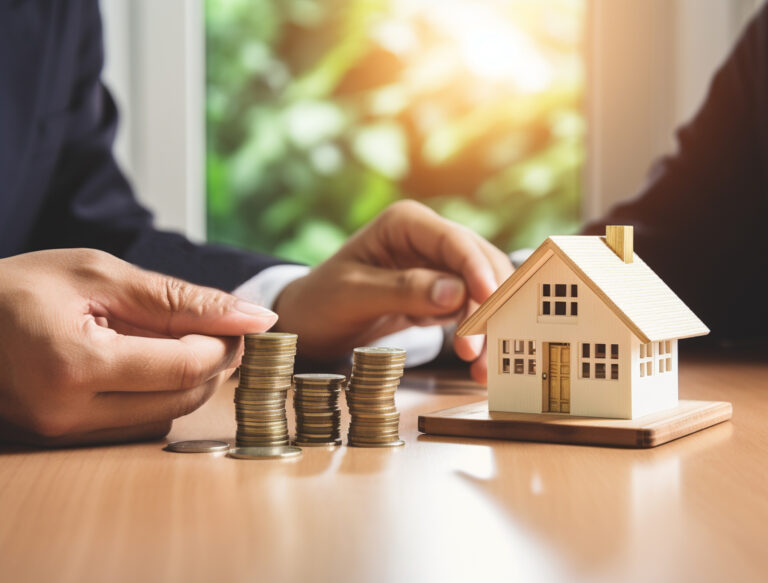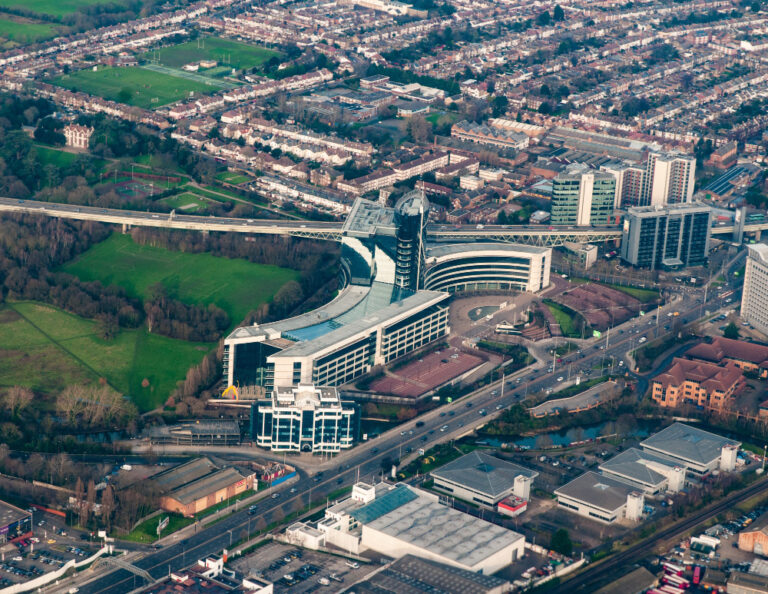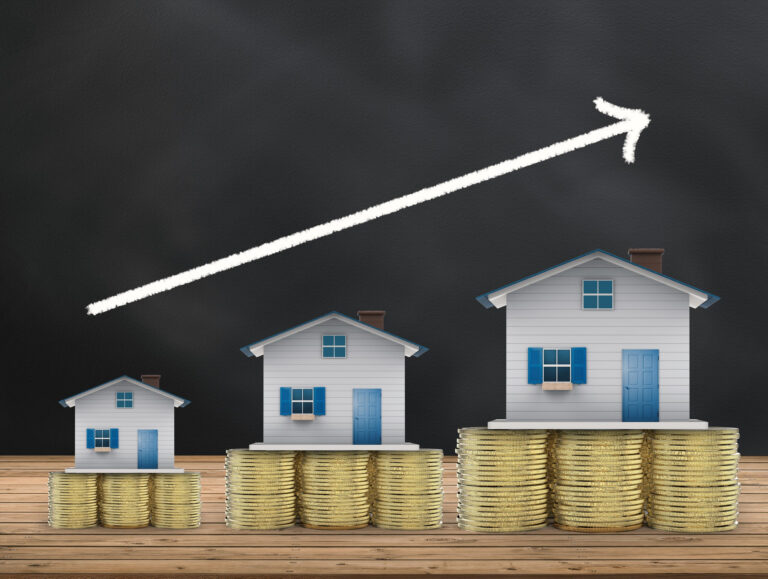Birmingham, the vibrant heart of the West Midlands, has always been a city of significance. With its rich industrial history, thriving culture, and diverse population, it has been a hub for business and travel for centuries.
However, one thing that has often held it back from reaching its full potential is the city’s connectivity.
Thankfully, the High-Speed 2 (HS2) rail project is set to change all that, making Birmingham more connected than ever before.
What is HS2 and How Does It Benefit Birmingham?
HS2 is one of the most ambitious infrastructure projects in the UK, designed to provide high-speed rail links between major cities, including Birmingham, London, and beyond.
Once complete, HS2 will dramatically reduce travel times, improve the efficiency of transportation networks, and bring significant economic benefits to the region.
Currently, Birmingham is a key stop on the traditional West Coast Mainline, but travel times to London, for instance, can still take over 90 minutes.
With HS2, this journey time will be slashed to just 49 minutes, allowing commuters, tourists, and business professionals to move between these two cities faster than ever before.
Economic Boost and Job Opportunities
Beyond just faster travel, HS2 brings a host of economic benefits that will transform Birmingham’s business landscape.
It will improve access to other key UK cities, making it easier for businesses in Birmingham to expand and for investors to tap into the city’s potential.
The HS2 project is expected to create thousands of jobs, both during the construction phase and once the rail network is operational.
This will provide new opportunities for local communities, support the growth of regional businesses, and enhance Birmingham’s position as a hub for innovation and commerce.
Urban Regeneration and Development
The impact of HS2 on Birmingham goes far beyond just the rail network itself. The project will also act as a catalyst for urban regeneration, particularly around the city’s Curzon Street area, where the new HS2 station will be located.
The development of this area will see new residential, commercial, and retail spaces created, helping to transform Birmingham into an even more attractive destination for investment.
Furthermore, the HS2 station at Curzon Street is strategically placed to connect with other modes, including buses, trams, and local trains, making it easier for people to travel around the city and the wider West Midlands region.
This level of integration will improve the overall experience for both locals and visitors alike.
The Environmental Benefits
In addition to the economic and social advantages, HS2 is also a more environmentally sustainable transport solution.
High-speed trains produce fewer emissions per passenger compared to other modes of transport, making HS2 a key part of the UK’s plans to reduce carbon emissions and meet climate change targets.
By encouraging people to shift from cars and domestic flights to trains, HS2 will play a significant role in reducing traffic congestion and air pollution.
This will have long-term benefits for Birmingham’s environment, improving air quality and contributing to a more sustainable future for the city.
What Does This Mean for Birmingham’s Future?
As HS2 takes shape, Birmingham is on the cusp of a new era. The city will be better connected to key locations across the UK, making it a prime destination for businesses, tourists, and professionals alike.
The economic benefits, job creation, and urban regeneration that come with this project will not only transform the city but will also solidify its place as one of the UK’s leading cities in terms of business, culture, and innovation.
Are you ready to explore the opportunities that HS2 will bring to Birmingham? Get in touch with us to learn how we can help you make the most of this exciting transformation. Together, let’s unlock the potential of a connected, thriving Birmingham!
Birmingham’s transformation is just beginning, and HS2 is a pivotal part of that journey. If you’re looking to invest in Birmingham, now is the perfect time to explore the wealth of opportunities the city has to offer.
Contact us today to discover how you can be part of Birmingham’s bright future. Whether you’re interested in property investment, business expansion, or exploring new opportunities in the West Midlands, we’re here to help you make the most of what Birmingham has to offer.
Act now and explore the opportunities in Birmingham with HS2!








